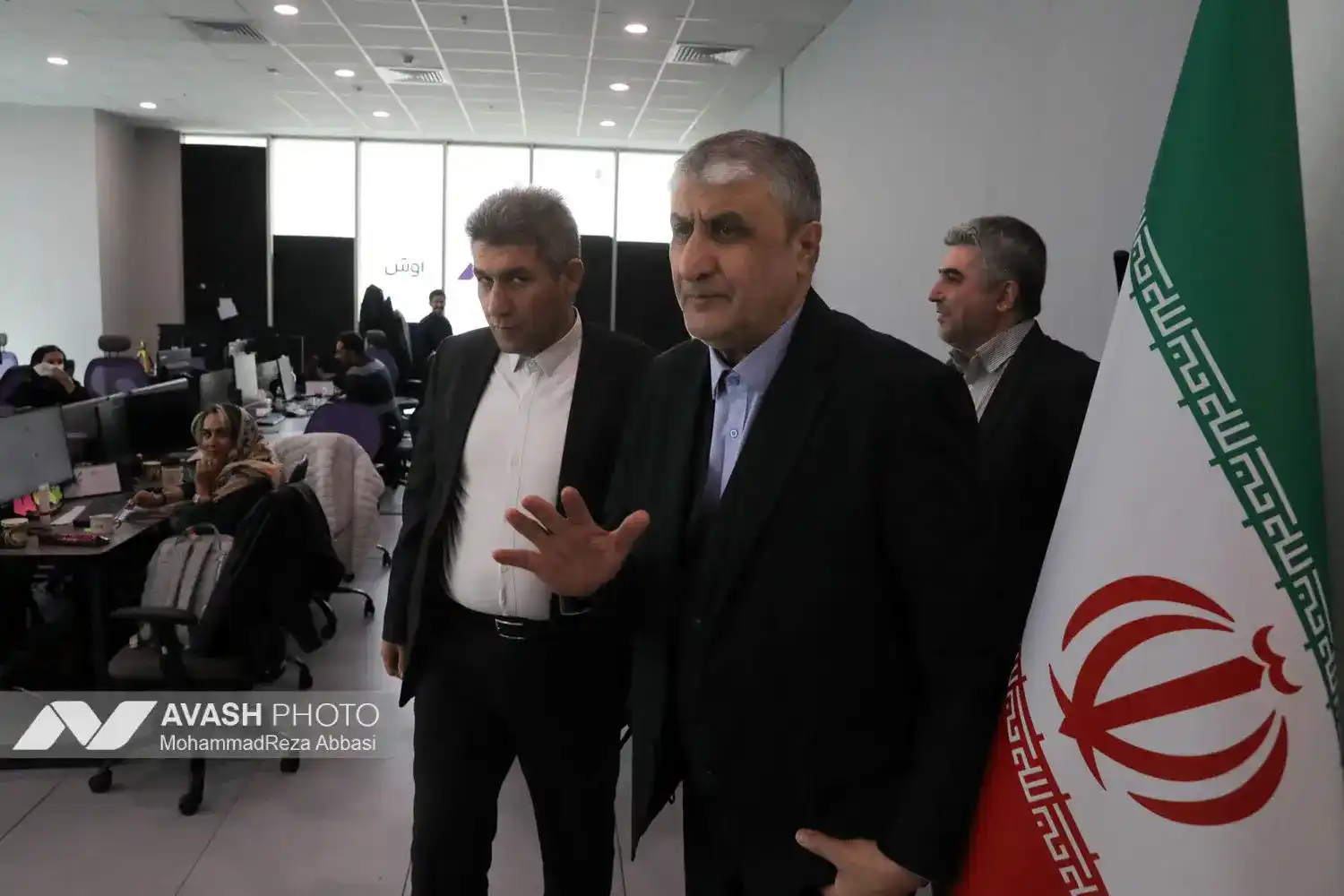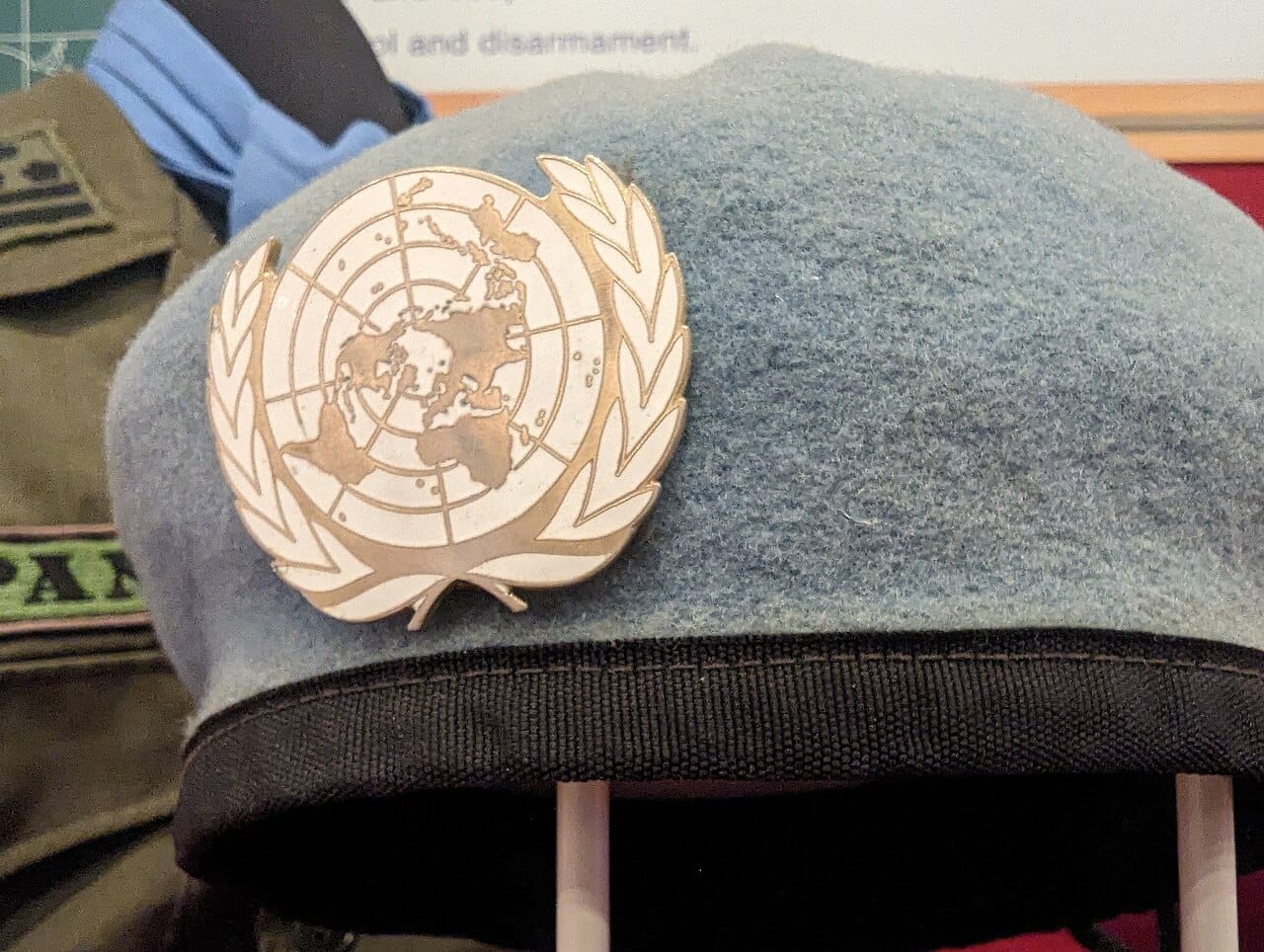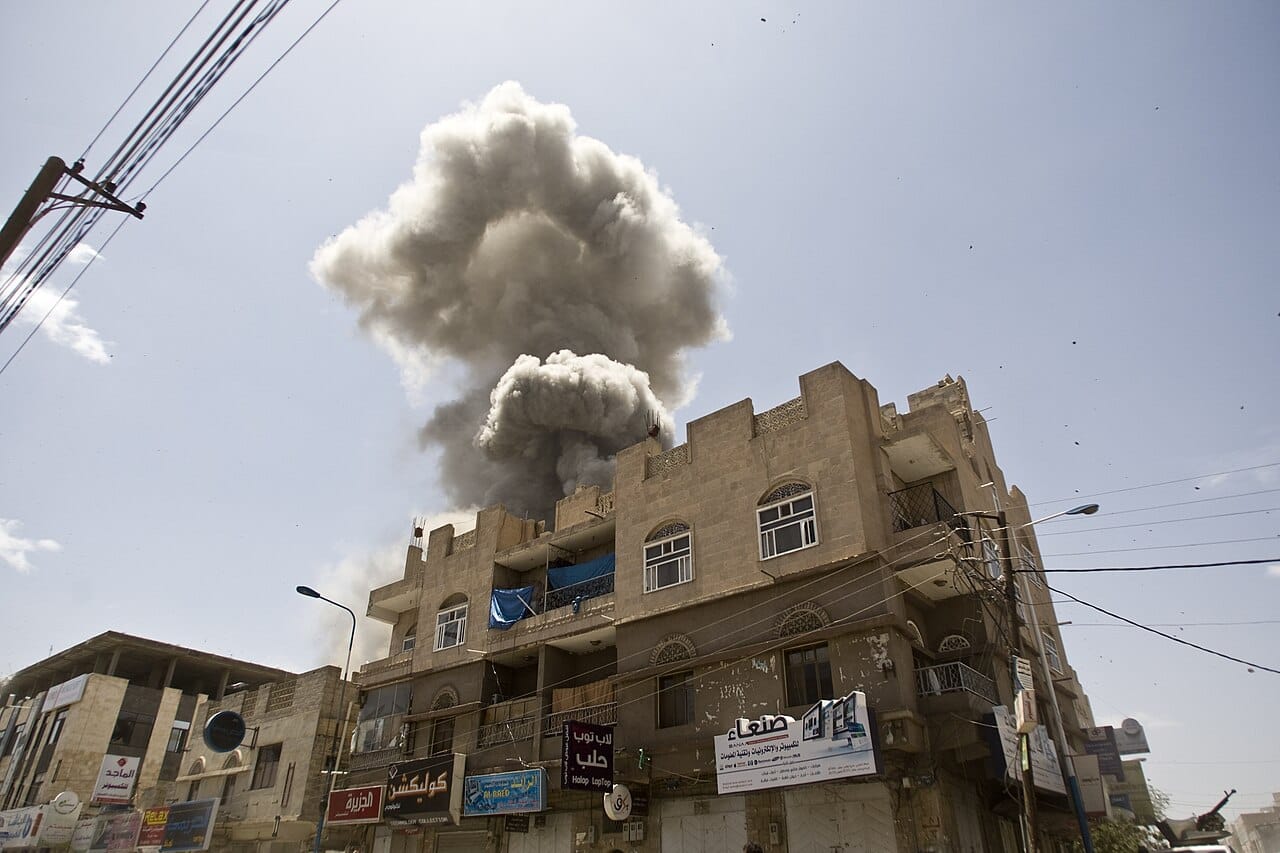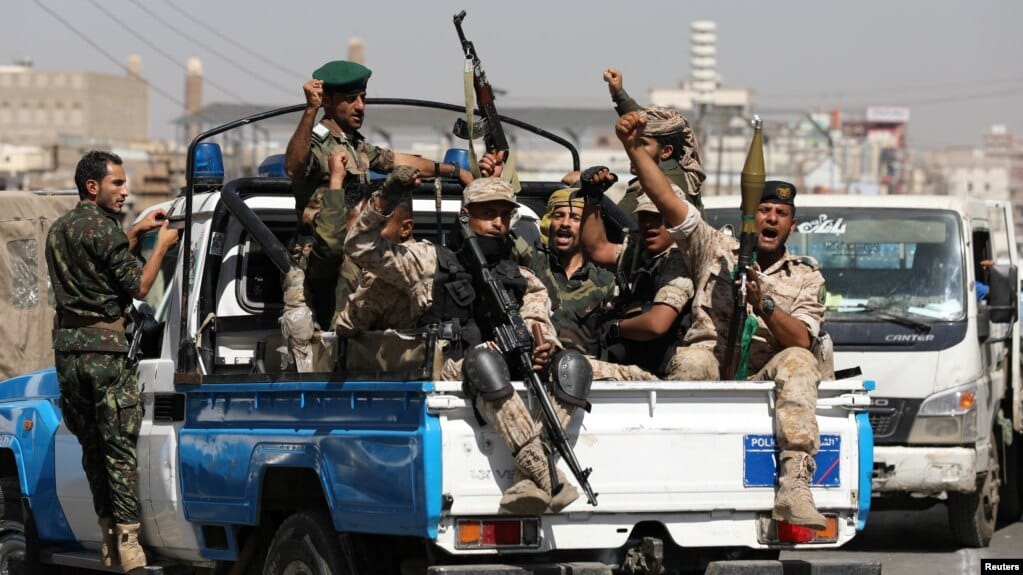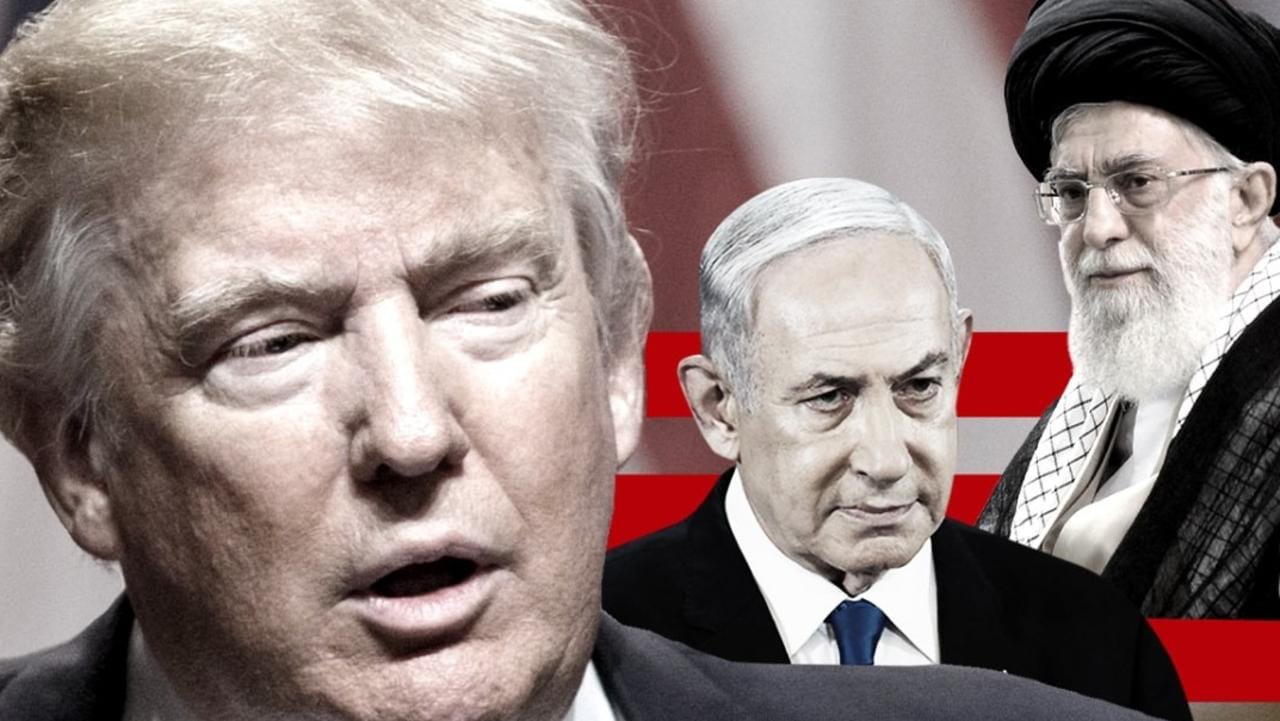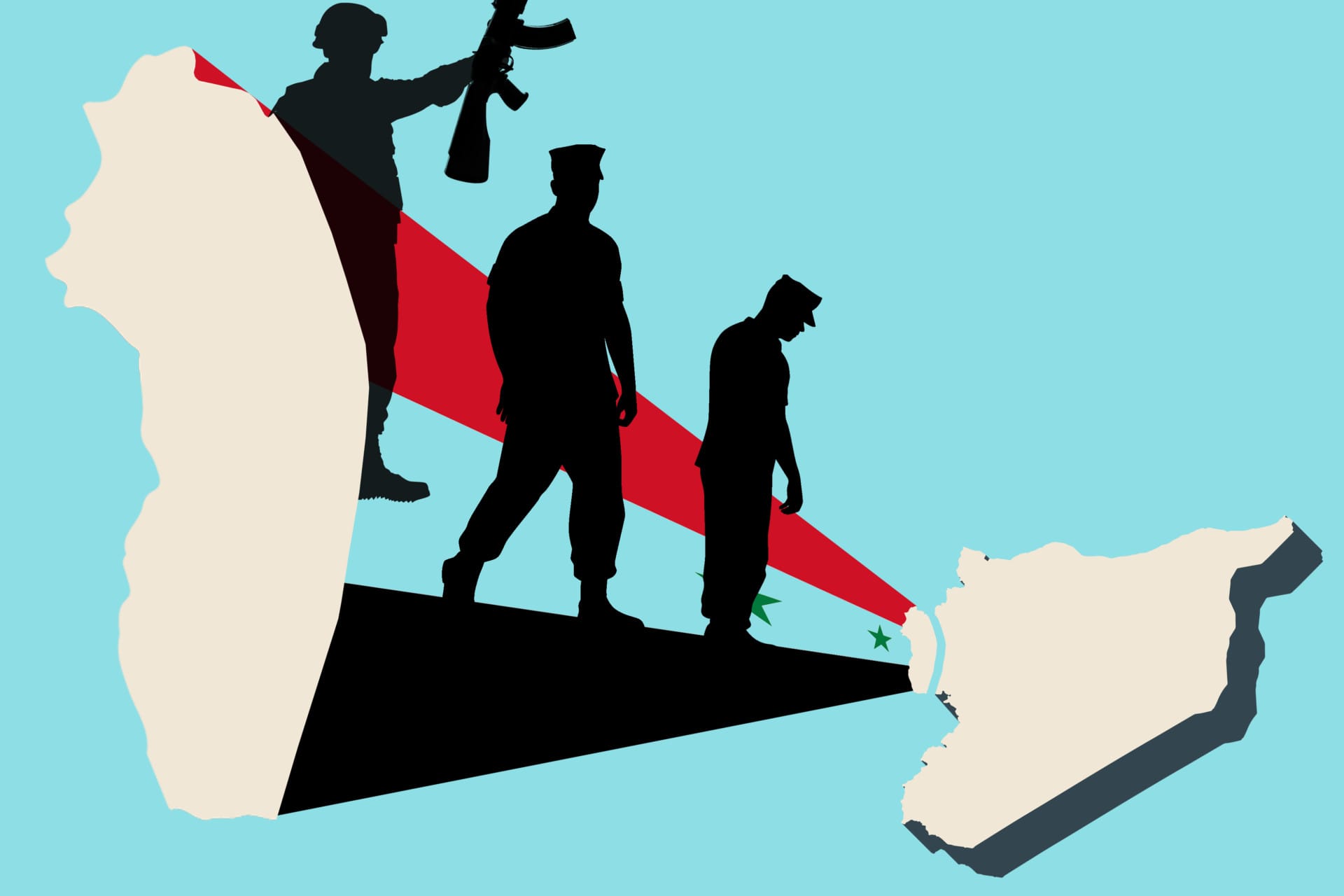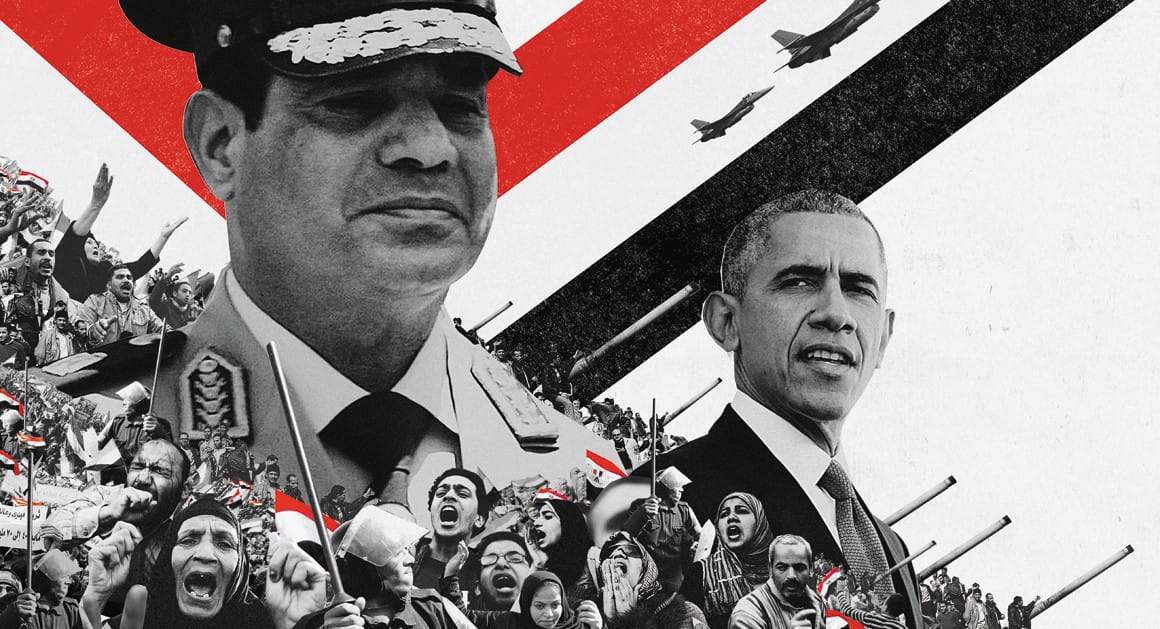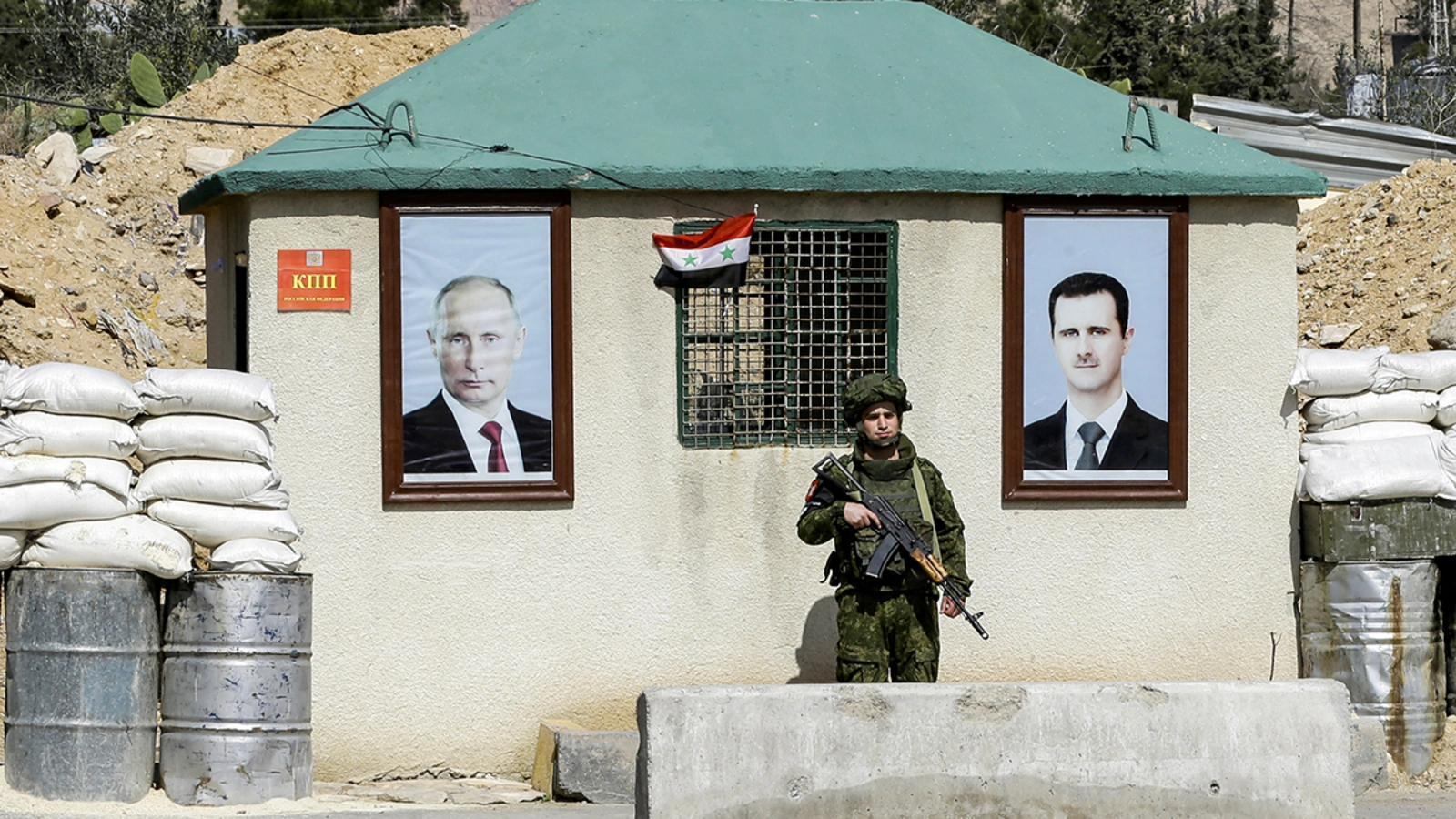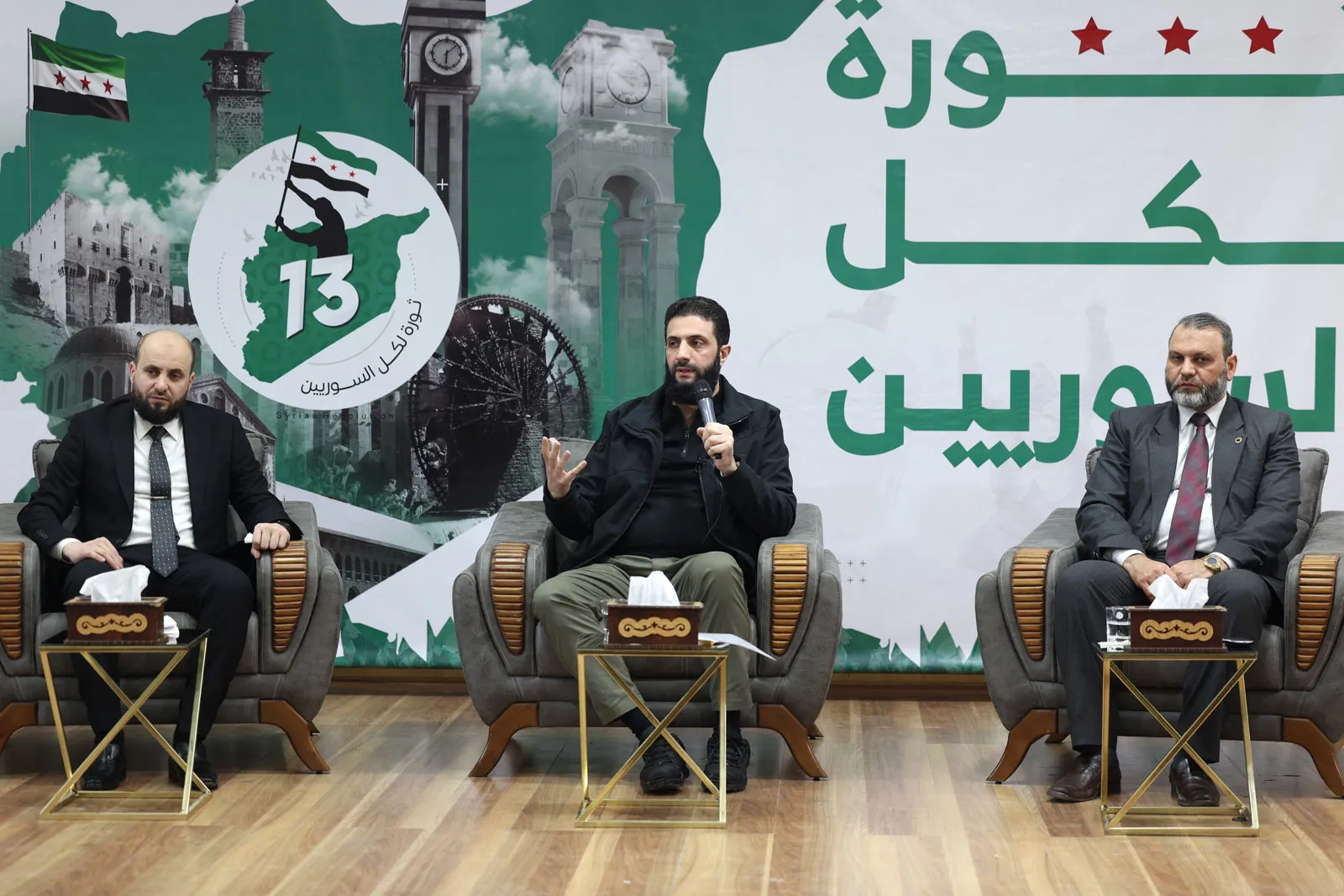For twenty years, Iran’s nuclear program has been a key point of contention in U.S.–Iran relations. After the U.S. exited the 2015 Joint Comprehensive Plan of Action (JCPOA), Tehran gradually increased its enrichment levels beyond the established limits. Diplomatic attempts in 2025 led to indirect talks facilitated by Oman and Italy, but these efforts fell apart due to escalating tensions, particularly following a 12-day conflict involving U.S. and Israeli attacks on Iranian nuclear and military facilities in June 2025.
Tag: Middle East
10 Conflicts to Watch in 2026
As we moved into 2026, the world is no longer merely “watching” conflicts – it is living with them. Civil war in Sudan has deepened into a regional humanitarian catastrophe, Ukraine remains locked in a war of attrition with global consequences, India-Pakistan tensions continue to cast a long shadow over South Asia and multiple theatres across Central Africa are sliding into protracted violence. This special newsletter revisits the evolving conflict landscape and examine what these wars reveal about power, governance and the fragility of the current global order and why their trajectories in 2026 matter far beyond their immediate borders.
Yemen’s Fractured War and the Fragile Politics that Keep it Alive
The Yemen crisis is again showing the world that wars do not end just because the fighting stops. They end when the political deals that caused them are fixed, or when those deals completely fail. In late 2025 and early 2026, Saudi airstrikes, land gains by the United Arab Emirates-backed Southern Transitional Council (STC), and worse Saudi-UAE ties have brought back some of the biggest problems in Yemen’s war. This is happening at a time when global shipping routes, energy markets, and regional security are already weak. Yemen is again a local war with worldwide effects.
Yemen is No Longer About the Houthis
The Yemen war, which has lasted for over a decade, has shifted from a coalition effort against the Houthis to a conflict highlighting a growing divide between Saudi Arabia and the United Arab Emirates (UAE). What started as a coordinated effort has turned into a struggle for influence, territory, and strategic gain, with Yemen as the primary battleground.
The US Strategic Pivot Towards India and Saudi Arabia
During the recent POLITICO Security Summit, US Representative Mike Lawler presented a forceful argument for reshaping America’s strategic alliances. Focusing on India and Saudi Arabia as fundamentally important to US security interests for the coming decade, Lawler sketched out a policy direction that does not merely seek to deepen bilateral relationships but also rebalance world power in reaction to the intensifying assertiveness of China, Russia, Iran, and North Korea.
Trump’s Middle East Gamble
Since President Donald Trump’s inauguration for his second term in January 2025, the geopolitical landscape in the Middle East has undergone profound changes. The administration’s renewed assertiveness has reignited longstanding disputes and strategic rivalries, most notably among Iran, Israel, and the United States. This article provides a comprehensive, practical analysis of these developments—detailing U.S. military engagements, Iran’s nuclear ambitions, Israel’s strategic recalculations, and the broader regional and international ramifications.
The Impact of Water Scarcity, Climate Change and Conflict in Syria
This article critically examines the nexus between water scarcity, climate change, and conflict in Syria, drawing from key academic and policy sources. The analysis highlights the multifaceted drivers of the Syrian crisis, including long-standing political, economic, and environmental challenges. Specifically, it explores how climatic stressors exacerbated by global warming have contributed to instability and conflict in the region while discussing policy interventions aimed at mitigating the adverse impacts of water insecurity. The Syrian conflict, which began in 2012, has been influenced by a complex array of factors including political repression, economic disruption, and social grievances.
Fall of Dictators and Unfinished Revolutions in the Middle East
The Middle East in 2011 witnessed a wave of revolutions that was called the Arab Spring, through which people rose in revolt against decades-old dictatorships and oppressive regimes. For the first time, social media played a greater role in mobilising people and raising their voices over the world. Among the Middle East, one country receiving great traction to the movement was Libya. Colonel Muammar Gaddafi has ruled the nation for 42 years. Although the regime was infamous for human rights violations, suppressed dissent and censorship, the country remained politically stable and economically in good flowing condition.
Assad’s Fall: An Outcome of the US-Russia Extended Cold War
Iraq, Libya, Afghanistan, Bangladesh and now Syria, the list of nations now in chaos after the fall of its governments is growing. There is a common pattern to the beginning of political storms in all these nations, which is the external interference in their domestic affairs by the United States. This model of toppling governments and replacing it with friendly options have failed everywhere. But the US is not reluctant to meddle with the affairs of other nations and especially when it comes to Asia, where they have geopolitical interests.
Hayat Tahrir al-Sham’s Takeover of Syria is Another Chapter in Islamist Revival
Last week, Hayat Tahrir al-Sham, one of the better-known rebel groups by another name – the Commission for the Liberation of the Levant, took over Damascus. They took Aleppo again and captured the mighty 46th Regiment of the Syrian Army. Second, HTS seized Hamam, the country’s second-largest city, thereby securing its largest territorial gains to date. The victory has wide-ranging implications on the world level, despite HTS’ attempts at rebranding itself as a “post-jihadist” entity committed to the fight against transnational Islam.
